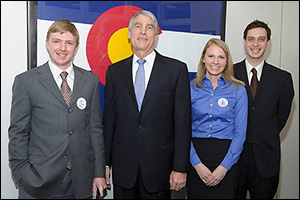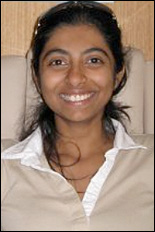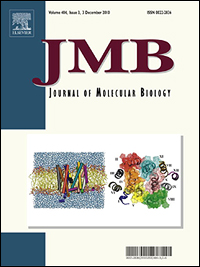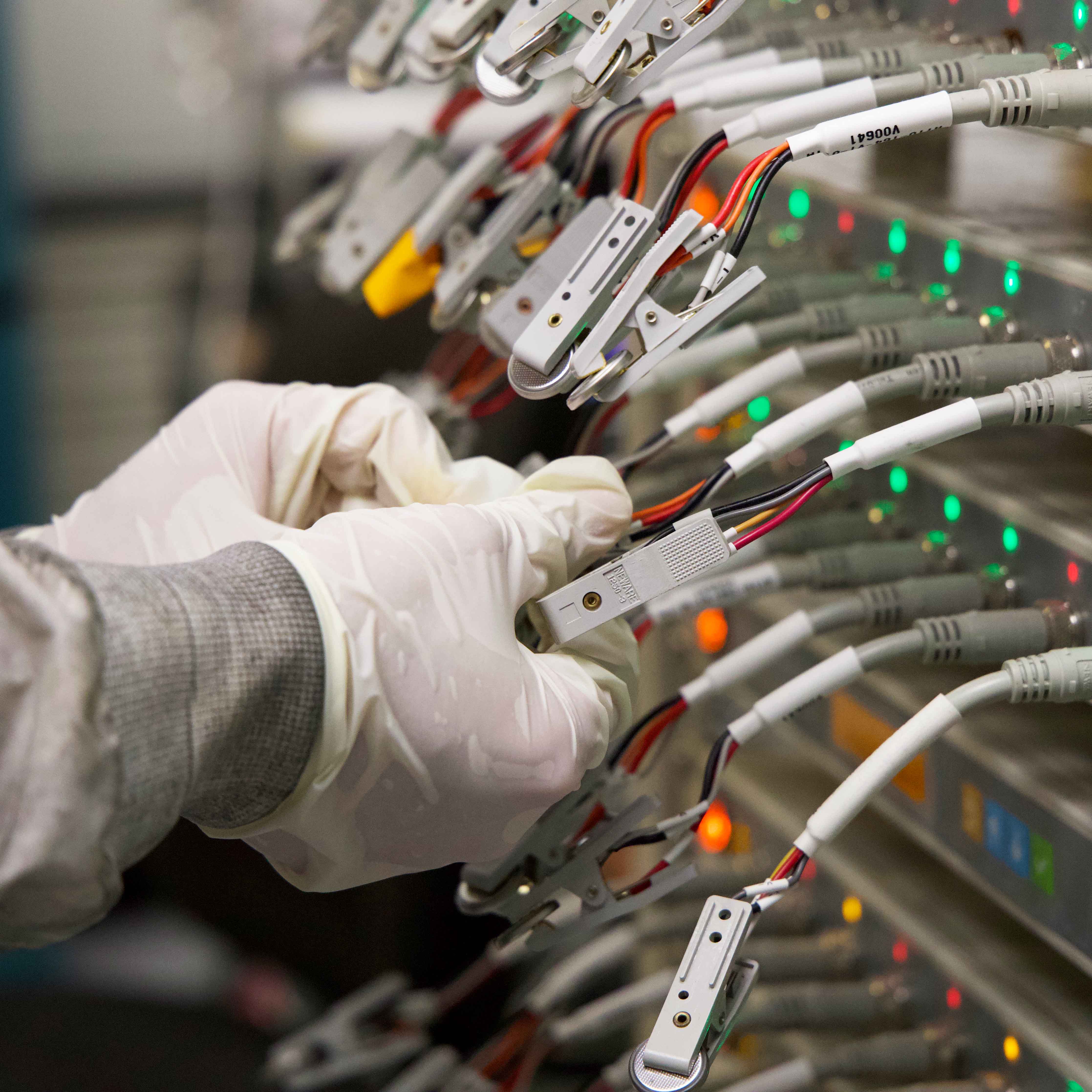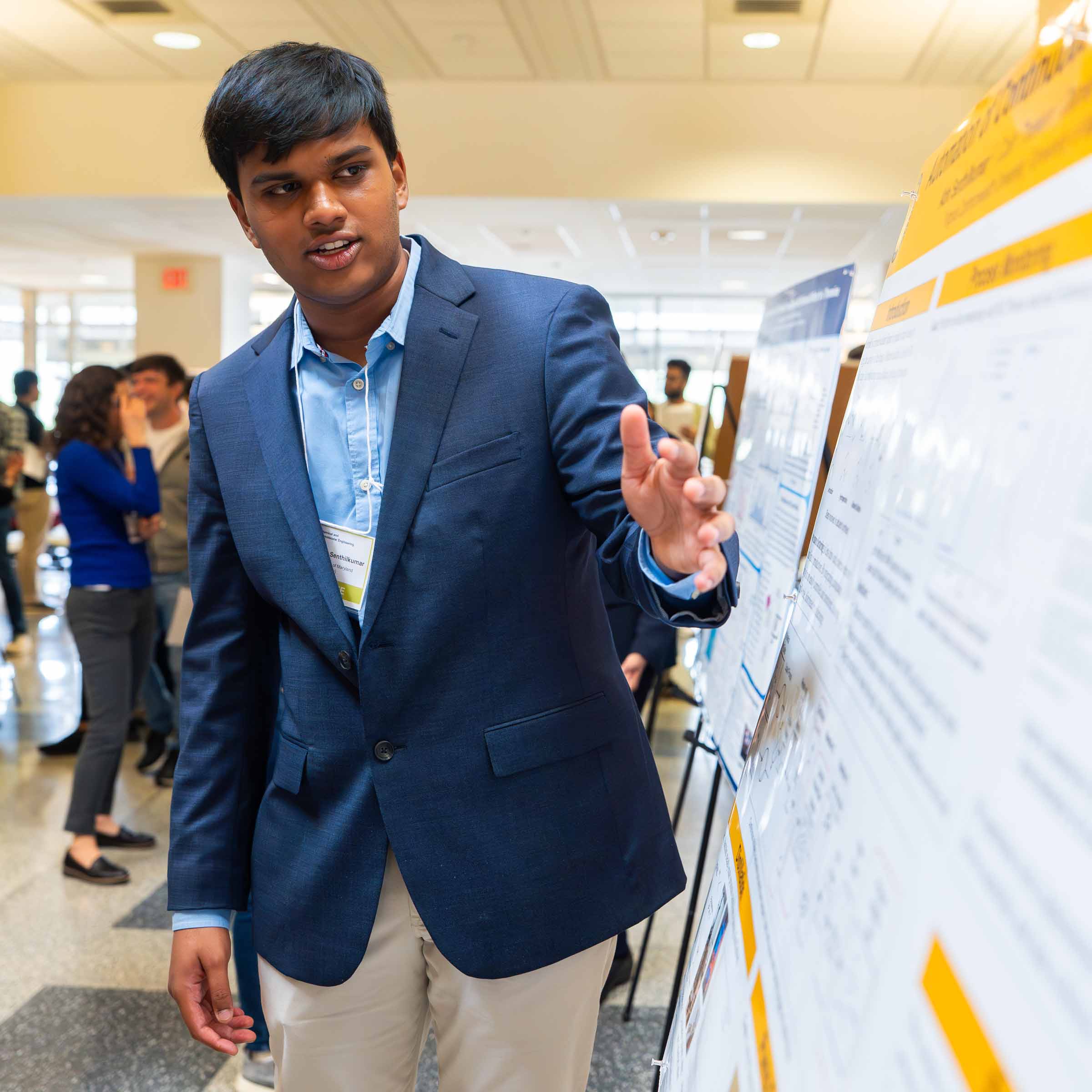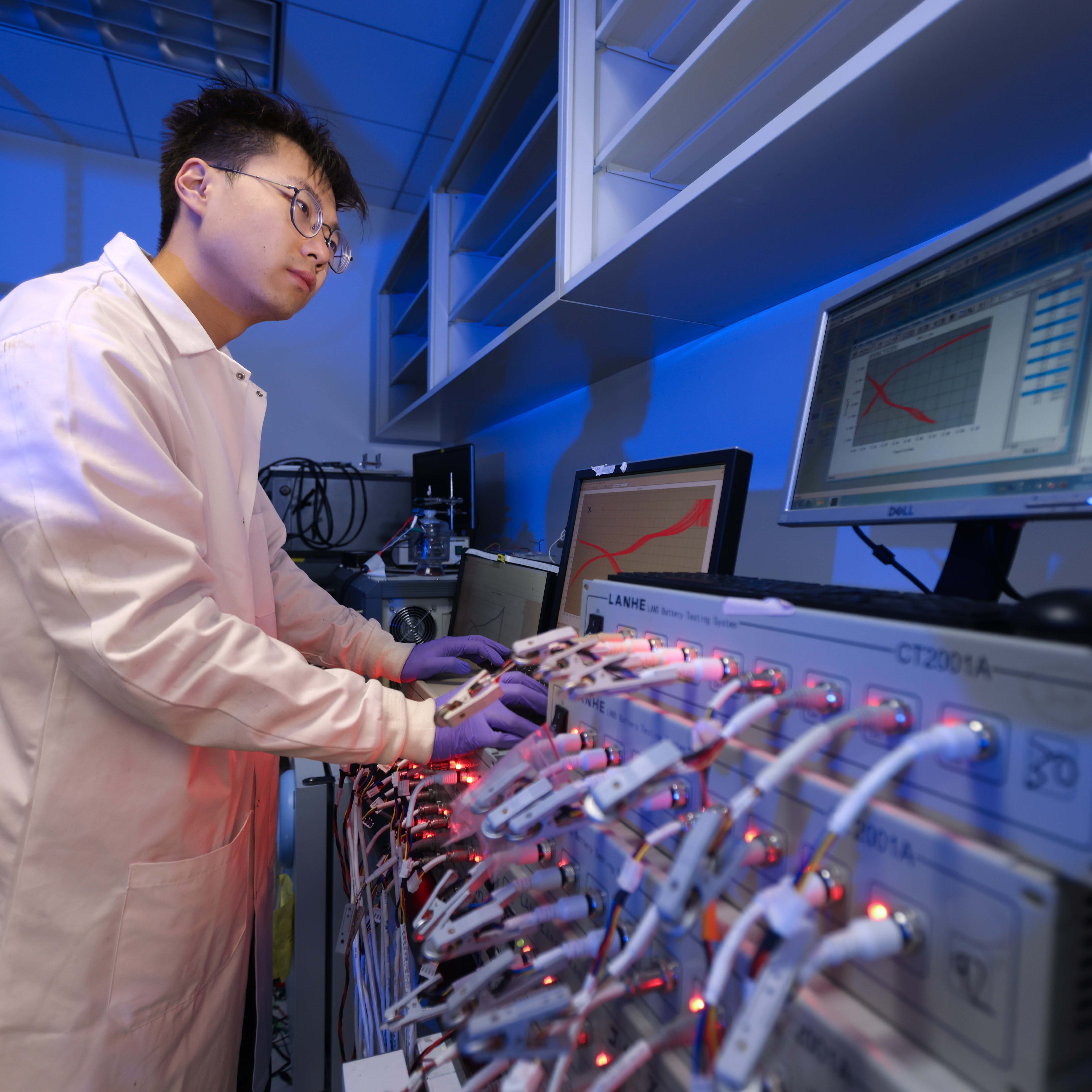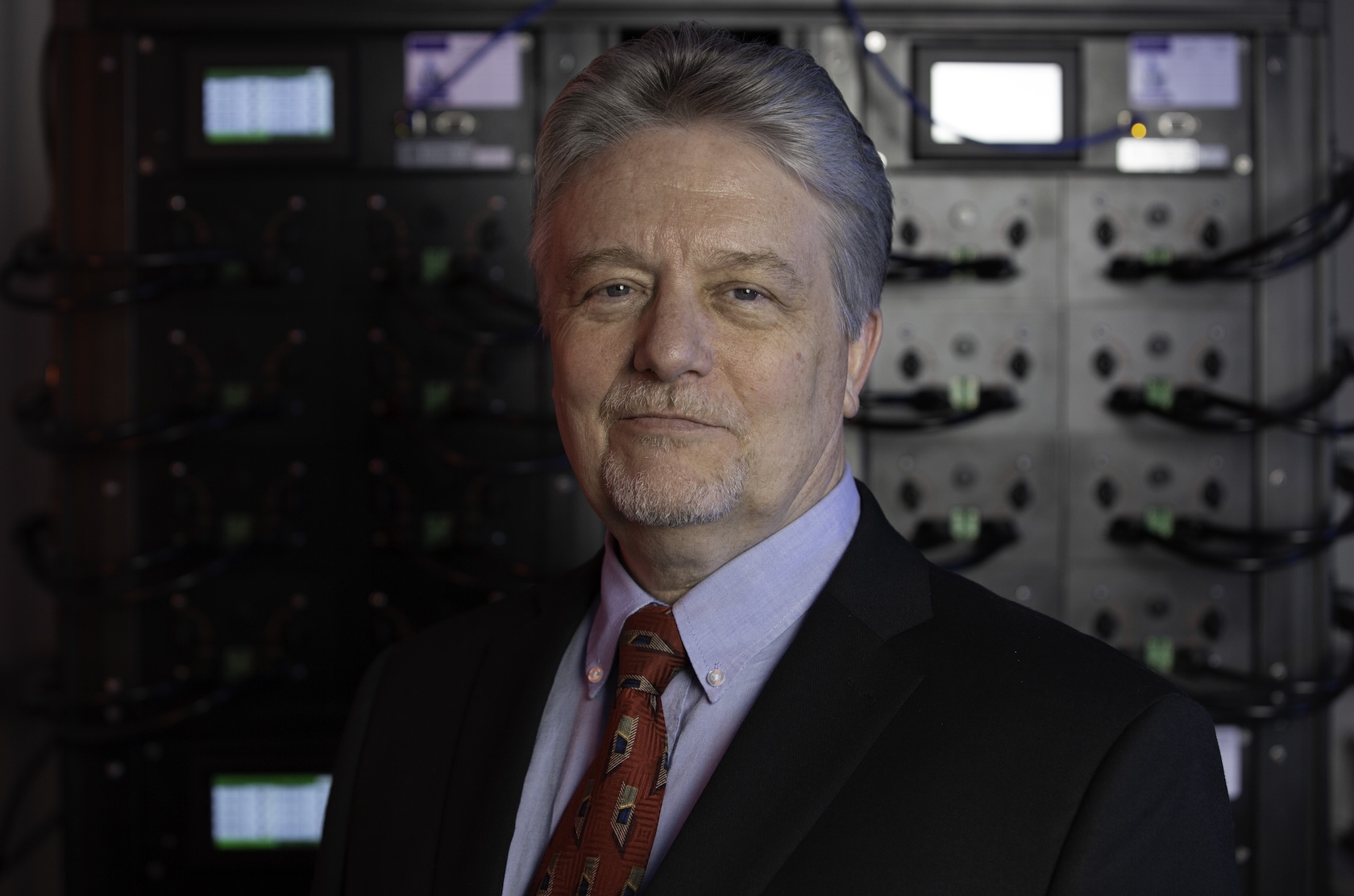News Story
Breger, Pendse Win at GRID
Presentations by Department of Chemical and Biomolecular Engineering (ChBE) graduate students Joyce Breger and Pushkar Pendse won their respective divisions at the University of Maryland's 2011 Graduate Research and Interaction Day (GRID).
GRID, which is run by the Graduate Student Government, is a campus-wide event in which graduate students from all parts of the university present and discuss their work with faculty and fellow students, enabling them to receive feedback from a broader audience and perfect their conference presentation skills. Participants make oral and poster presentations that are judged in a variety of categories by faculty, postdoctoral fellows, administrators, and other specialists from around campus.
Breger, advised by ChBE associate professor Nam Sun Wang, won first prize in the Health division for her presentation, "Encapsulation of Islets In 'Click' Crosslinked Alginate Capsules and Response to Glucose Challenge." Breger is working on the development of a bioartificial pancreas for diabetics. It consists of islets of Langerhans—groups of specialized cells responsible for producing insulin—donated from healthy individuals, encased in capsules of a biocompatible gel called alginate. The donated cells could live in a patient's body, producing the insulin he or she cannot, but remain protected from his or her immune system by the alginate. Breger's presentation described how the application of "click" chemistry was used to strengthen alginate capsules through covalent and ionic crosslinking for the encapsulation of therapeutic cells. The treated capsules are less susceptible to undergo ion exchange with monovalent ions found in the surrounding bodily fluids, an activity that could ultimately result in their degradation and destruction of the therapeutic cells.

Transport cycle of Lactose permease (LacY) of Escherichia coli.
Pendse, advised by ChBE assistant professor Jeffery Klauda, won first prize in the Modeling and Simulation Division for his presentation, "Mechanistic and Thermodynamic Insights Into the Transport Cycle of Lactose Permease." The work featured a proposed mechanism, based on molecular simulation studies, that explains how a sugar-transporting protein found in the E. Coli bacterium functions. The protein, lactose permease (LacY), is a gatekeeper that selectively shuttles various sugar molecules across the plasma membrane. Since it comes from a superfamily of similar proteins considered to be responsible for multidrug resistance in bacteria, what is learned about how it functions could one day be used to explain why drug-resistant cells expel antibiotics. LacY undergoes widespread structural changes in order to bind sugar molecules to itself and pass them through E. coli's plasma membrane. It can bind different kinds of sugars in different ways in order to accomplish this task. Pendse has discovered the underlying mechanism behind these structural changes and determined the atomic-level details of the unknown protein conformation in its periplasmic-open state. He has also been able to demonstrate in atomic-level detail that only a subtle difference in a sugar’s stereochemistry is required to result in a substantial change in the way it is handled by LacY by quantifying the binding affinities of different sugars. A paper Pendse and Klauda's authored on the subject was featured on the cover of the Journal of Molecular Biology.
Published April 18, 2011
